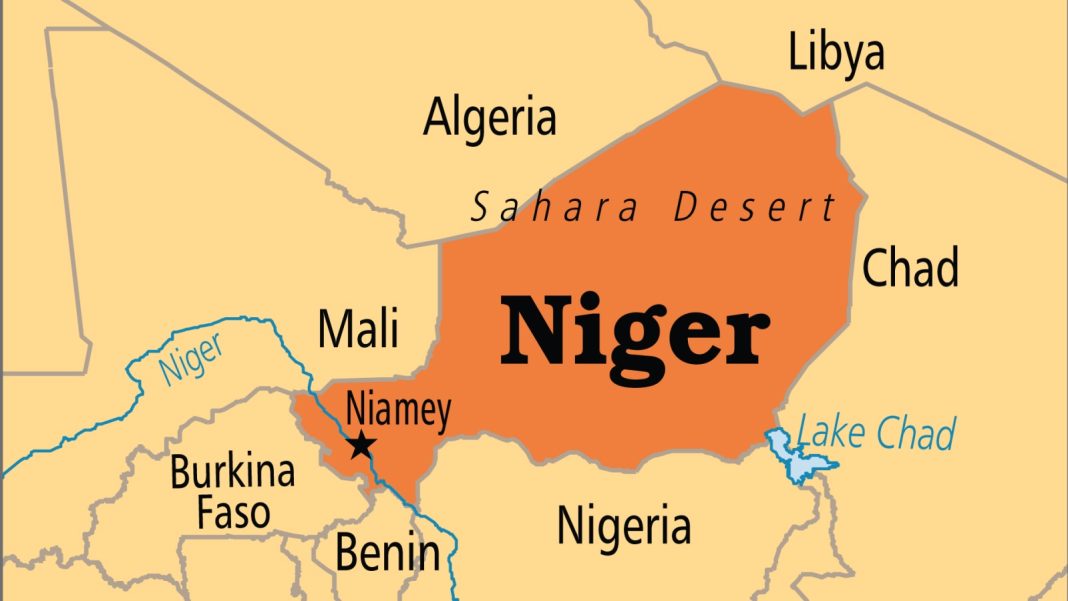ANZOUROU, Niger – At least 12 Nigerien soldiers were killed in an ambush carried out by suspected terrorists in the village of Anzourou in the Tillaberi region, southwest Niger, authorities confirmed on Tuesday, August 22, 2023.
The attack targeted a national guard operation on Sunday, August 20, 2023, and resulted in “heavy loss on the enemy,” according to Lieut. Col. Maina Boucar, the province’s military governor.
This marks the latest violent incident since President Mohamed Bazoum was removed from power in a military coup on July 26, led by Gen. Abdourahamane Tchiani, the former commander of Niger’s presidential guard.
The coup was reportedly motivated by concerns over deteriorating security conditions in the country.
Previous Attacks Near Burkina Faso Border
The deadly ambush follows another attack last week, which claimed the lives of 17 soldiers near the town of Koutougou, also in the Tillaberi region, close to the border with Burkina Faso.
The region has been a hotbed of activity for armed groups affiliated with al-Qaeda and Daesh/ISIS, primarily spilling over from northern Mali.
International Response and Sanctions
In the wake of the military coup and deteriorating security situation, the Economic Community of West African States, ECOWAS, called for restoring constitutional order in Niger.
The African Union has gone a step further by suspending Niger from all its activities until the military cedes power back to a civilian government.
In a statement, ECOWAS emphasized the urgent need to “concentrate on the security of the country, which has become increasingly fragile” since the ouster of President Bazoum.
Implications for Security and Governance
The escalating violence raises concerns not only for Niger but also for its neighbors in the Sahel region, where terrorism and insurgency are ongoing threats.
The international community is keenly watching how the military, now in control, will handle the fragile security situation while facing both regional and international pressure to restore constitutional governance.
The recent ambushes targeting military personnel put additional strain on the Nigerien armed forces, which were already grappling with internal upheavals and external threats.
Whether the military can effectively respond to these challenges without a legitimate government in place is a question that looms large for both Nigeriens and the international community.
For now, it seems the nation faces a precarious balancing act between internal governance challenges and external security threats.
With international sanctions and regional instability adding to the mix, Niger finds itself at a critical juncture that could have far-reaching implications for the Sahel region and beyond.







